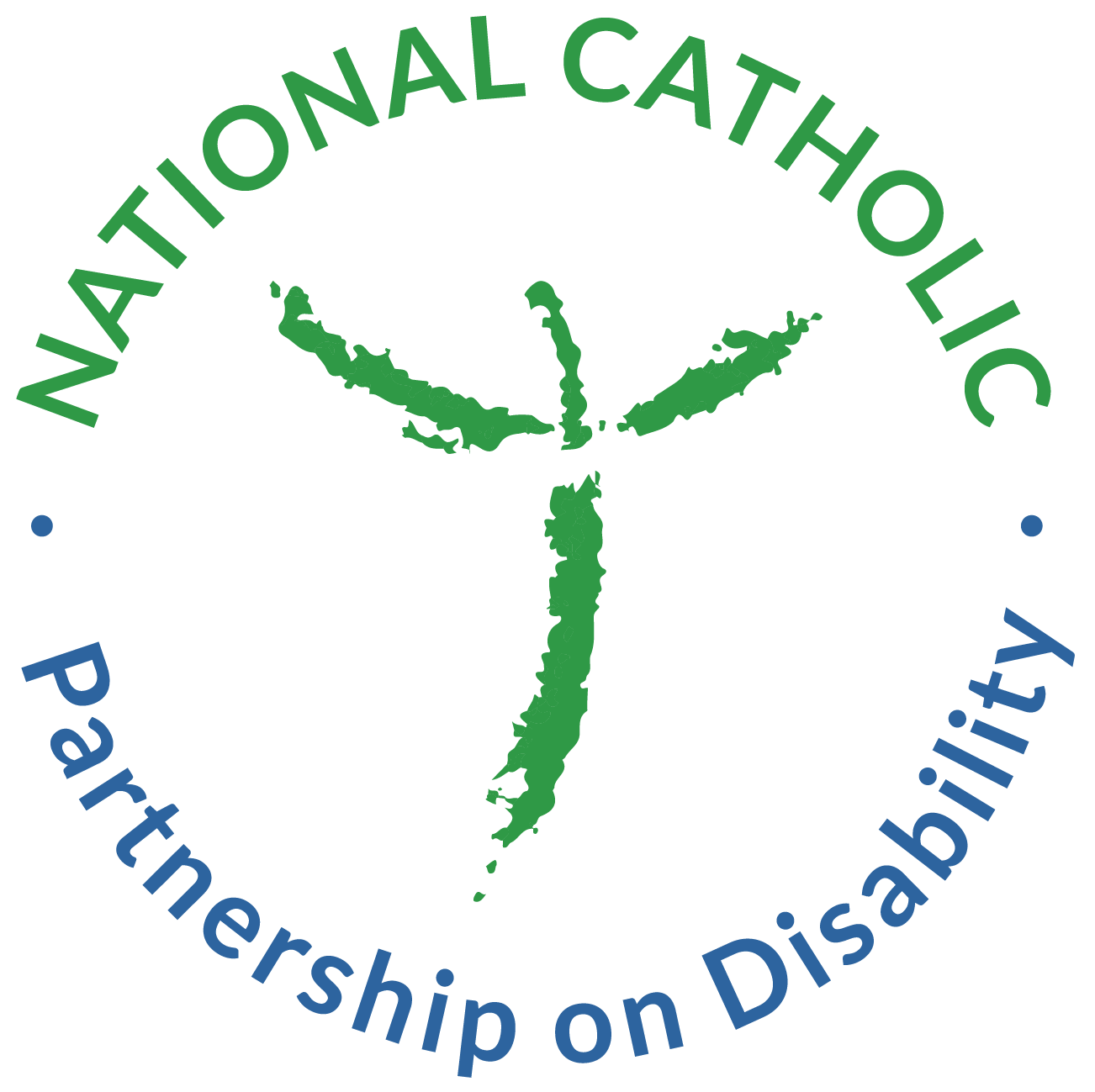Deacon Tom Lambert
People with mental illness and their families need help. And professional help is out there. But it sometimes is hard to take that first step to get help when you’re a person or family going through a crisis, it's tough to do that on your own.
Which is why families need your help and support. The readings today talk about the relationship of a man and a wife. How God provided so that we would not be alone. I would like to build on the marriage example and say God made all of us to care for one another. To care and help each other especially when faced with difficult life challenges.
One of the keys to managing mental illness is a supportive community that nourishes a person’s faith in God. I have experienced and seen the difference a faith community can make. My daughter and many others I have met are doing well today because of people like you, people of faith. YOU SEE - You and I know something that the psychiatric community is now beginning to acknowledge…. that our spiritual lives are a key part of being whole and well. The joy that comes from our relationship with God and with one another heals us and gives us hope.
Throughout the Gospels, Jesus teaches us about healing and restoring people to their rightful place in the community.
He told us about the Samaritan who helped the man in the ditch when no one else would,
He taught us compassion when the father welcomed home the prodigal son,
He showed us justice when people who had an illness were stigmatized --- deemed unclean and couldn’t worship in the temple…. so Jesus went to them. Jesus taught us that everyone has dignity and everyone has value.
By following Christ’s call, the call to live in loving relationships with one another, we can make a difference for those individuals and families who are suffering alone and isolated by the stigma of their illness or for those feeling they will be judged or misunderstood. For those who are overwhelmed by the crisis they face, our support and outreach can literally mean the difference between hope and despair.
We can make a difference:
by listening without judgment,
by caring without conditions,
by walking with those who others won’t,
by working for justice in our mental health care system,
and by bringing the light of Christ to the darkness of mental illness.
God bless you and thank you for all you do

